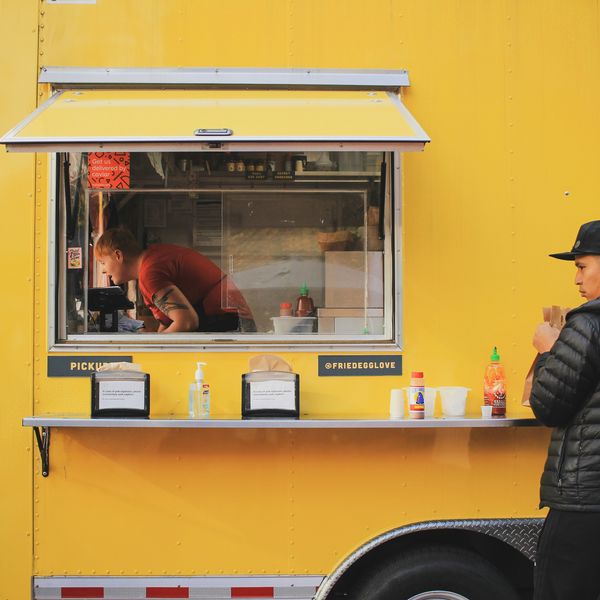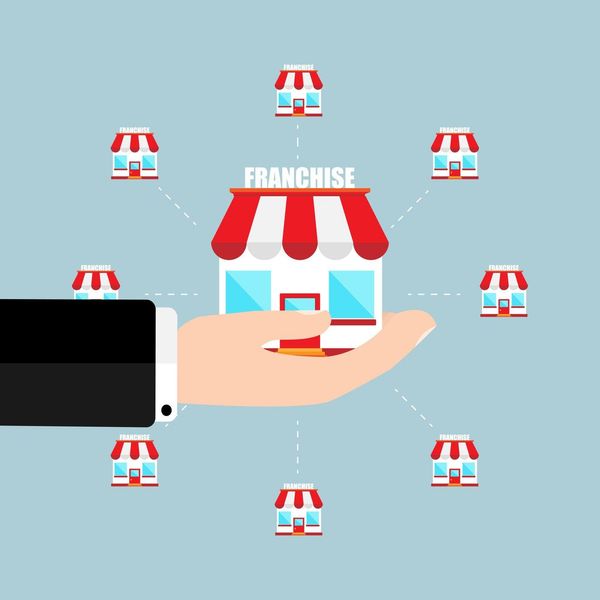
Understanding Area Franchise Programs
Franchise networks can be wonderfully complex—multilayered franchise structures with dozens of appointed local representatives and regional developers spanning the entire country. After all, franchisors are in the business of devising profitable business relationships, and those talents run well past the basic one-on-one unit franchise.
The “upstream” area relationships are used by franchisors for two fundamental reasons: (1) to expand their systems quickly and effectively, and (2) to deliver support, training, and services to far-flung unit franchisees.
Despite the confusing terms used to describe area representatives, there are only three basic forms, and they each have distinctive pros and cons.
3 types of area franchise programs
1. Franchise developer/multiunit franchisee
Both of these terms describe an individual or an entity that purchases multiple franchise rights, generally promising to build and open a specified number of units in a defined geographic area on a strict development schedule.
For instance, if a new franchisee wants not just one unit but the rights to build out five franchises in a given city, the franchisor may offer a development agreement, promising the five units in exchange for some partial upfront payment of the combined initial franchise fees and the franchisee’s promise to build out the units on a schedule. For each unit built, the developer signs an individual unit franchise agreement.
A development agreement is a relatively simple form of agreement; it is essentially an option contract. Once the build-out schedule is completed, the development agreement typically expires, leaving the longer-running unit agreements standing.
Pros: This is one of the most popular contractual forms used in franchising, and has the advantage of being straightforward and of limited duration.
Cons: The largest downside to this arrangement, in my experience, is a development schedule that is unrealistic and that cannot be met. If you want to buy multiple rights, don’t overcommit to the number of units to be developed or the time frame in which the development must occur. Also, be sure you understand the fee structure: how much must be paid upfront, and how much must be paid when the unit agreements are signed.
2. Regional franchise representative/master franchisee/area developer
These particular terms tend to cause the most confusion. The regional franchise representative/master franchisee/area developer is someone who is more than a franchisee and less than a sub-franchisor.
Think of it as a service provider in the space between the franchisor and the unit franchisee. The services provided can include recruiting new franchisees, training, conducting regional meetings, and offering one-on-one assistance in franchisee operations. In exchange for providing these services, the franchisor shares a portion of the royalty fee revenue.
Pros: These arrangements allow the franchisor to draw upon talent in its network, and spread the wealth when it realizes success through system growth. A good regional representative/master franchisee/area developer will get to know local franchisees personally and be able to motivate them.
Cons: If you do not execute your training or support responsibilities as regional rep/master franchisee/area developer, the franchise owners suffer. And if you don’t recruit new franchise owners, the growth of the system suffers.
If you’re considering becoming a regional rep/master franchisee/area developer, know there is typically no Franchise Disclosure Document (FDD) offered to describe the program (because the program is probably not, strictly speaking, a franchise).
More articles from AllBusiness.com:
- Should You Expand Your Chain Regionally, Nationally or Globally?
- How to Maintain Your Brand Voice When Globalizing Your Business
- 10 Signs of a Great Franchise Opportunity
- How Can I Tell If Franchising Is Right for Me?
- How to Forecast Sales for a New Product or Service
3. The sub-franchisor
A sub-franchisor is the ultimate area rep, one who receives full rights to become the franchisor in a defined region, and grants unit franchises independent of the ultimate franchisor.
Pros: Receiving rights to be a sub-franchisor puts you in full control: you will be granting franchise rights in your defined territory, subject only to approvals from the ultimate franchisor. You will generally receive the lion’s share of the fees generated in your territory.
There is always an FDD describing a sub-franchise program. A benefit for the franchisor is there is no faster way to expand a franchise program.
Cons: Sub-franchise rights can be expensive; you will be responsible for franchise registration and disclosure, and you will incur potential legal liability for your franchising activities. You will be in the business of locating prospects and selling franchises, training new franchisees, and supporting existing owners—a challenging business.
A con for the franchisor: Its growth and survival are put in the hands of a small number of sub-franchisors.
Becoming a franchise area developer
Every franchise system has its own unique organizational style, and tends to reach for assistance via some form of area representation when it needs to boost its growth or bolster the support it provides to its franchisees.
One thing to remember: Don’t be thrown by the terms used to describe area reps—just focus on the basic functions they serve in the system.
RELATED: Buying a Franchise vs. an Independent Business: What Are the Pros and Cons?
About the Author
Andrew Caffey is one of the nation’s leading franchise legal specialists and he represents franchisors across the United States. Caffey served as General Counsel of the International Franchise Association, a member of the Governing Committee of the ABA Forum on Franchising, and Chair of the ABA Forum on Franchising. He also is a member of the bar in Maryland and the District of Columbia, and a member of the Panel of Neutrals of the American Arbitration Association. Caffey has appeared on numerous franchise programs and is a frequent speaker and author on subjects of franchise and business opportunity regulation.



